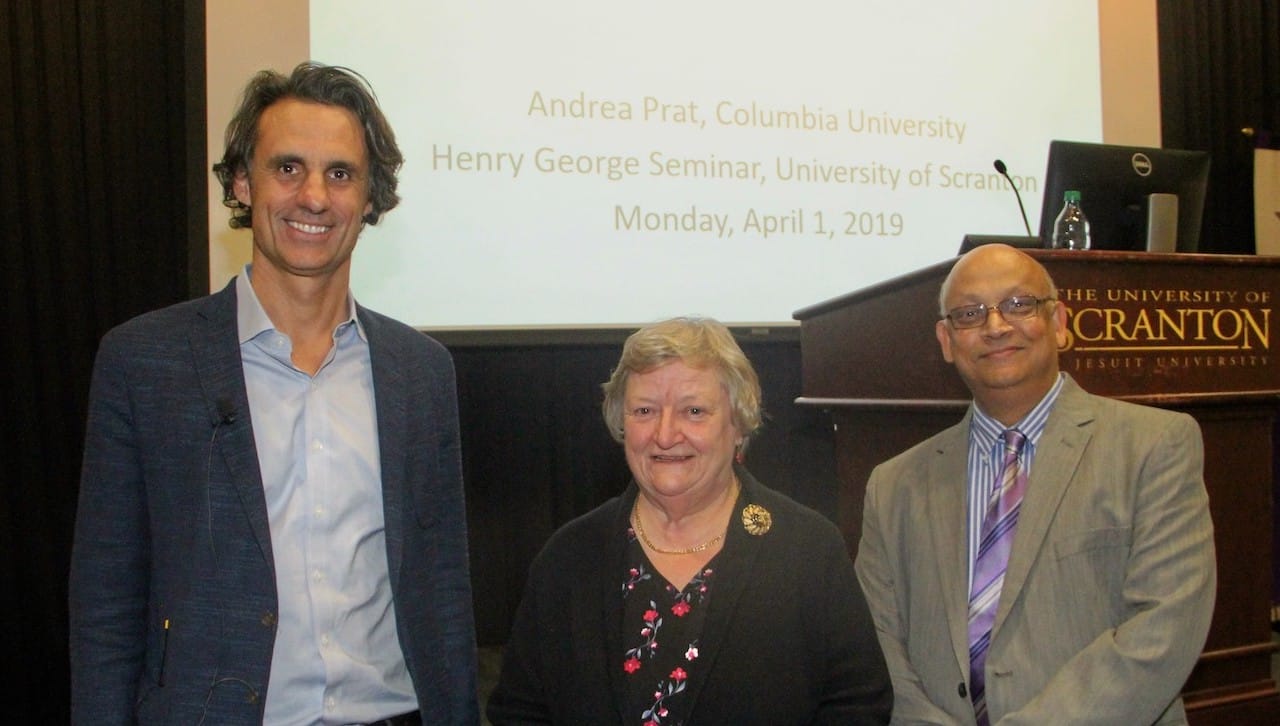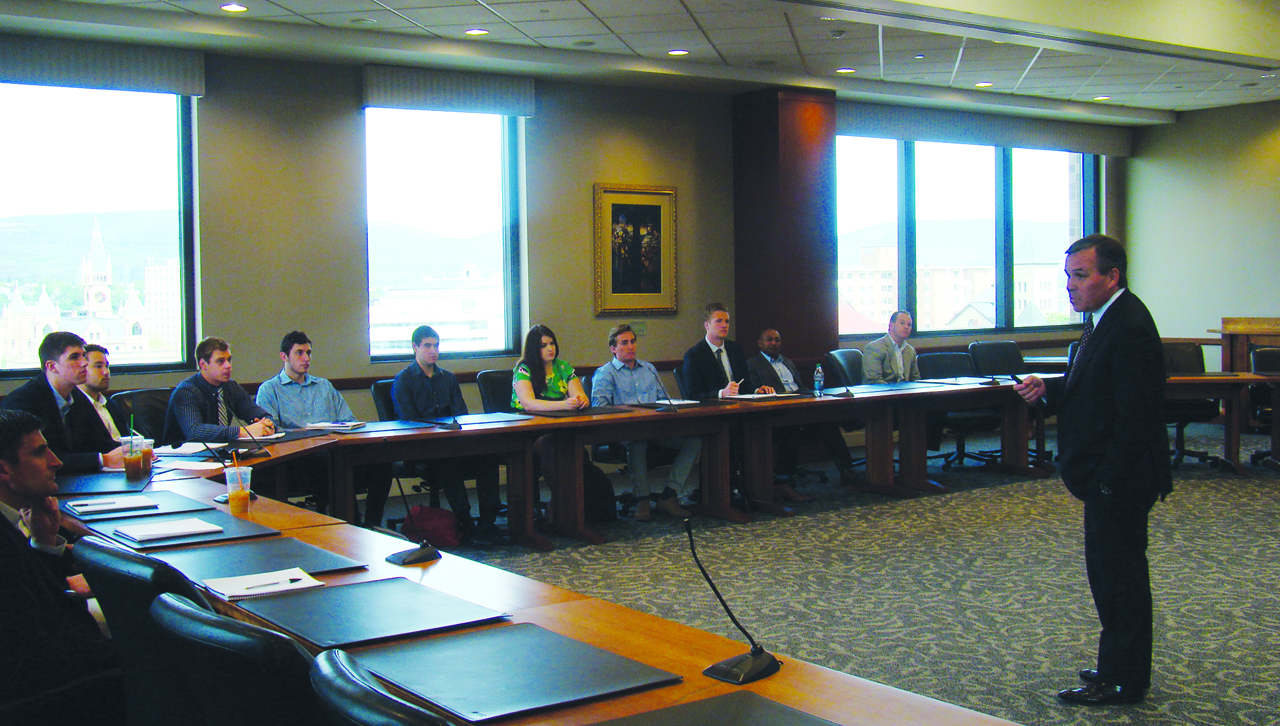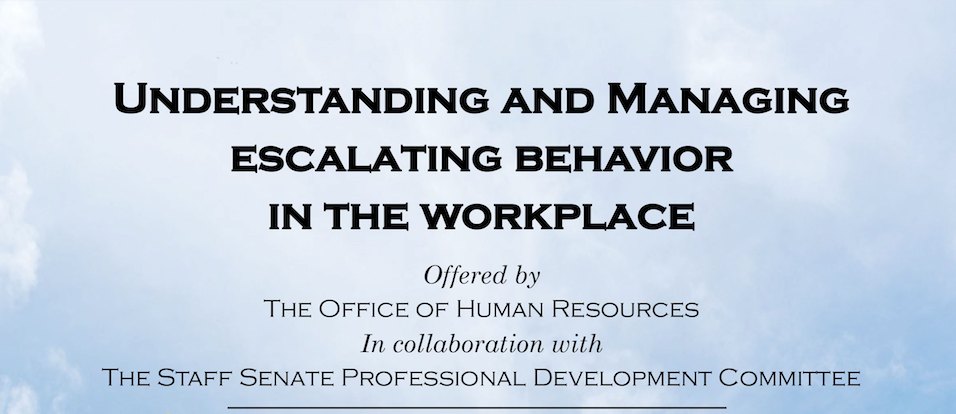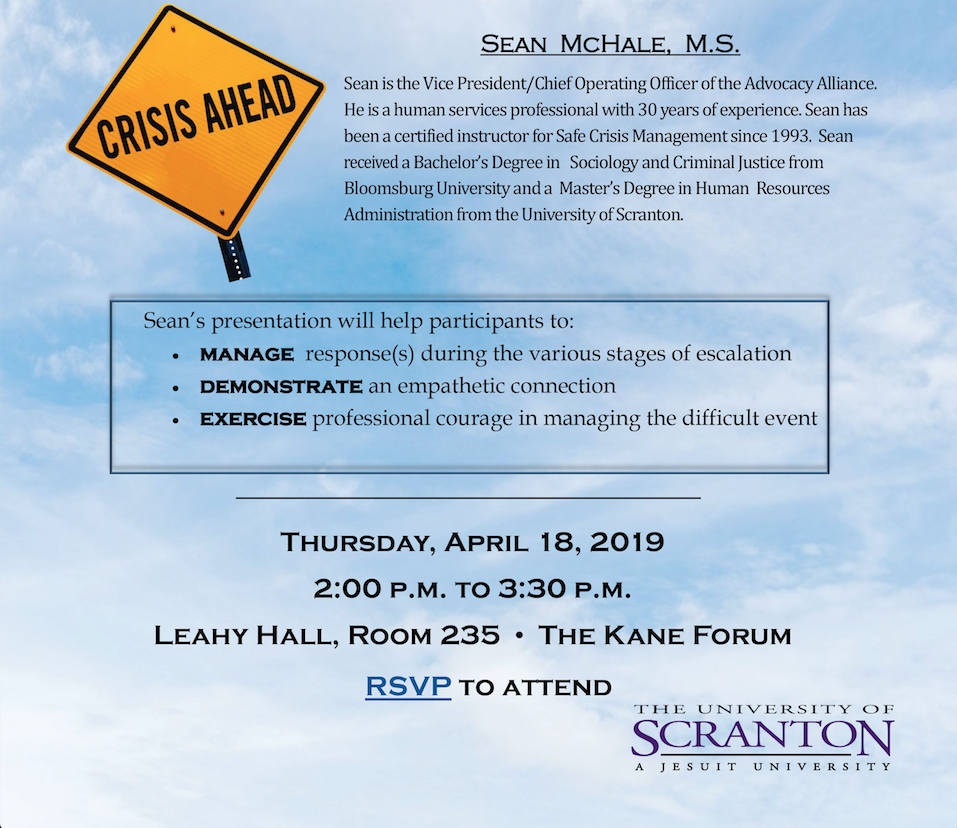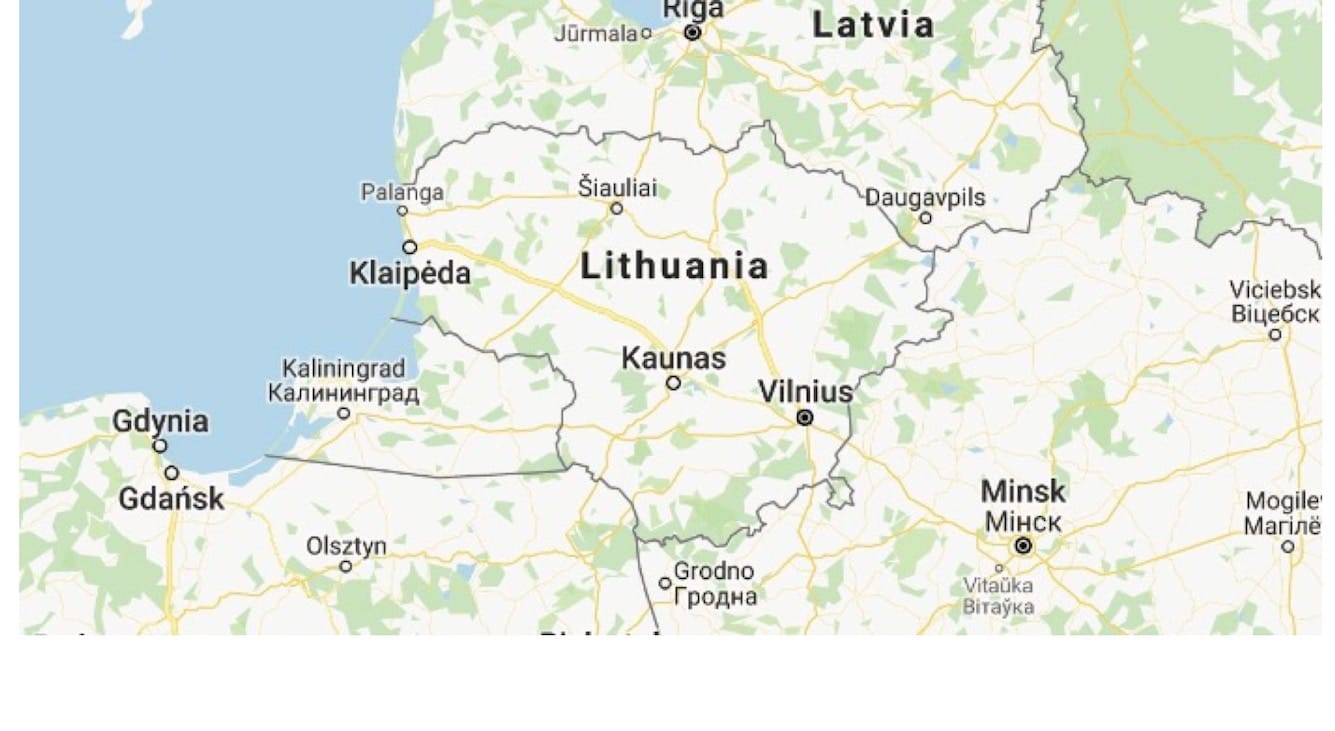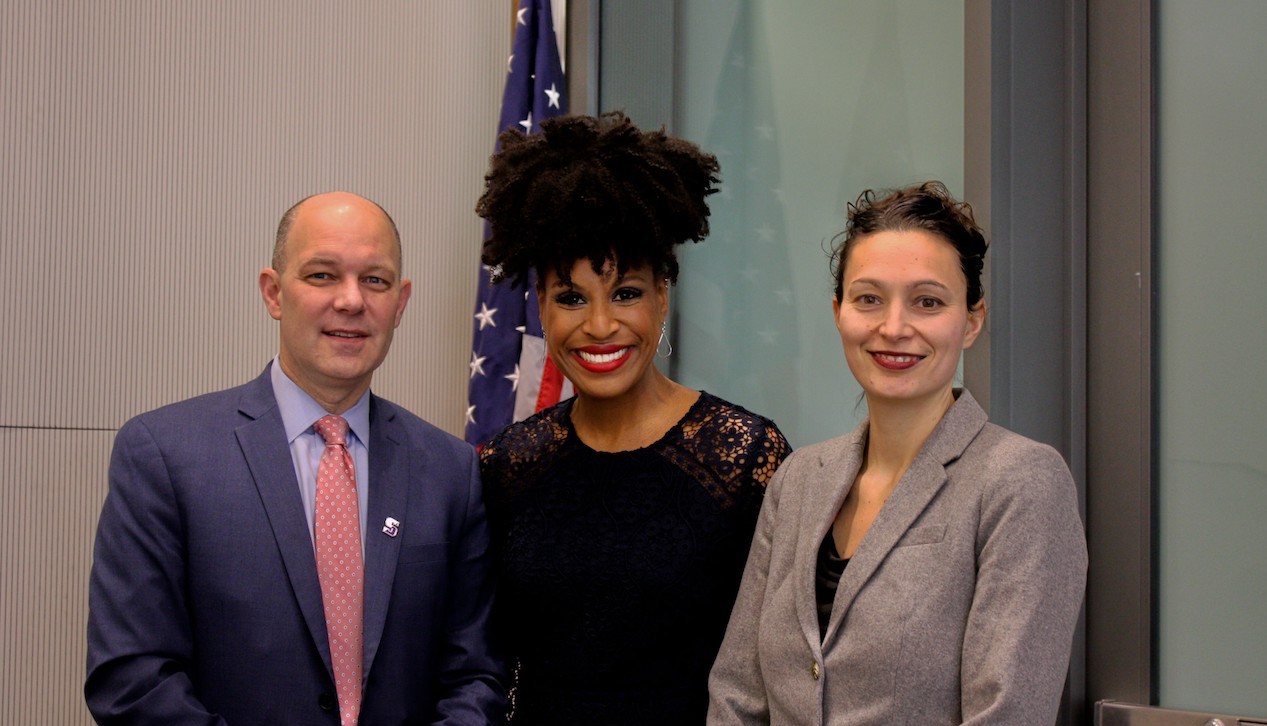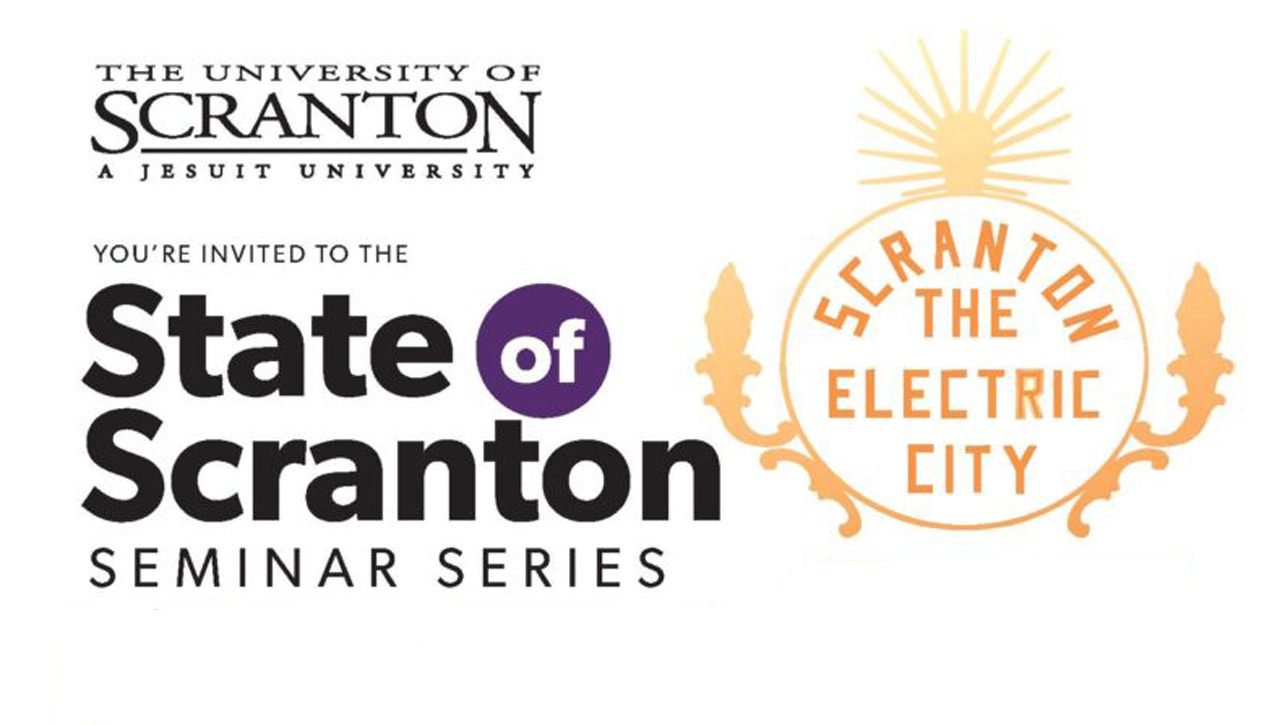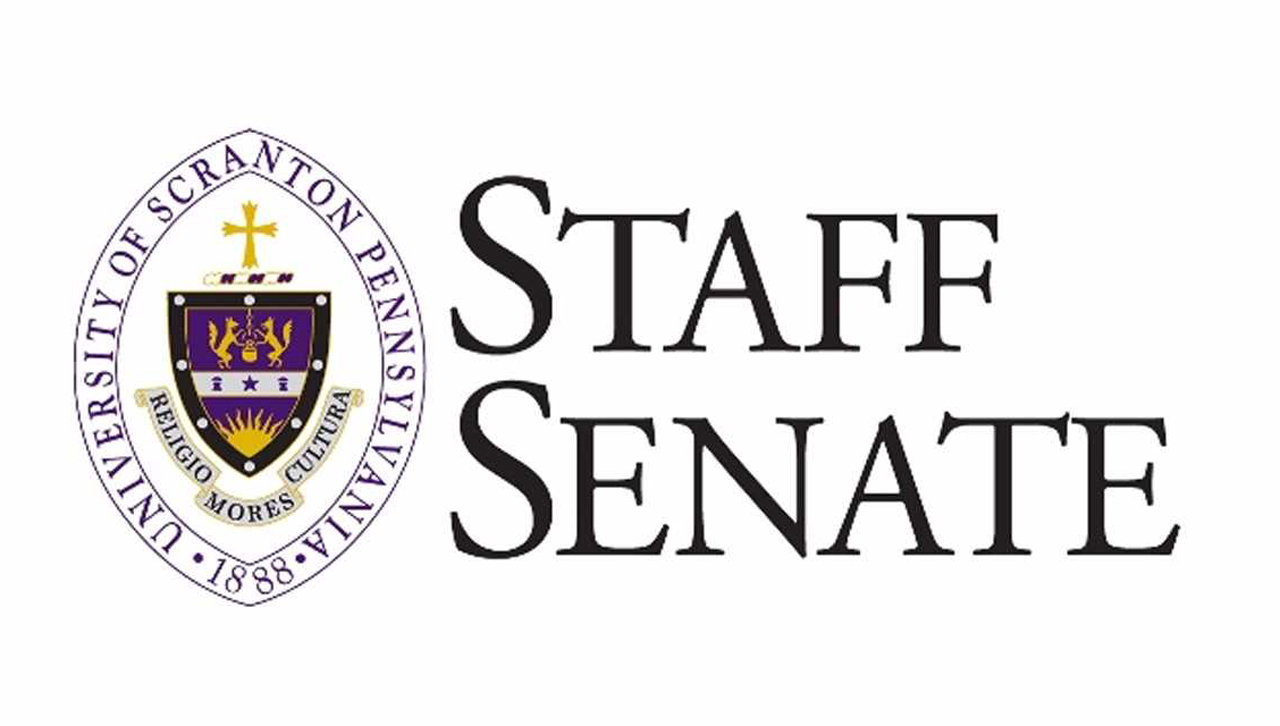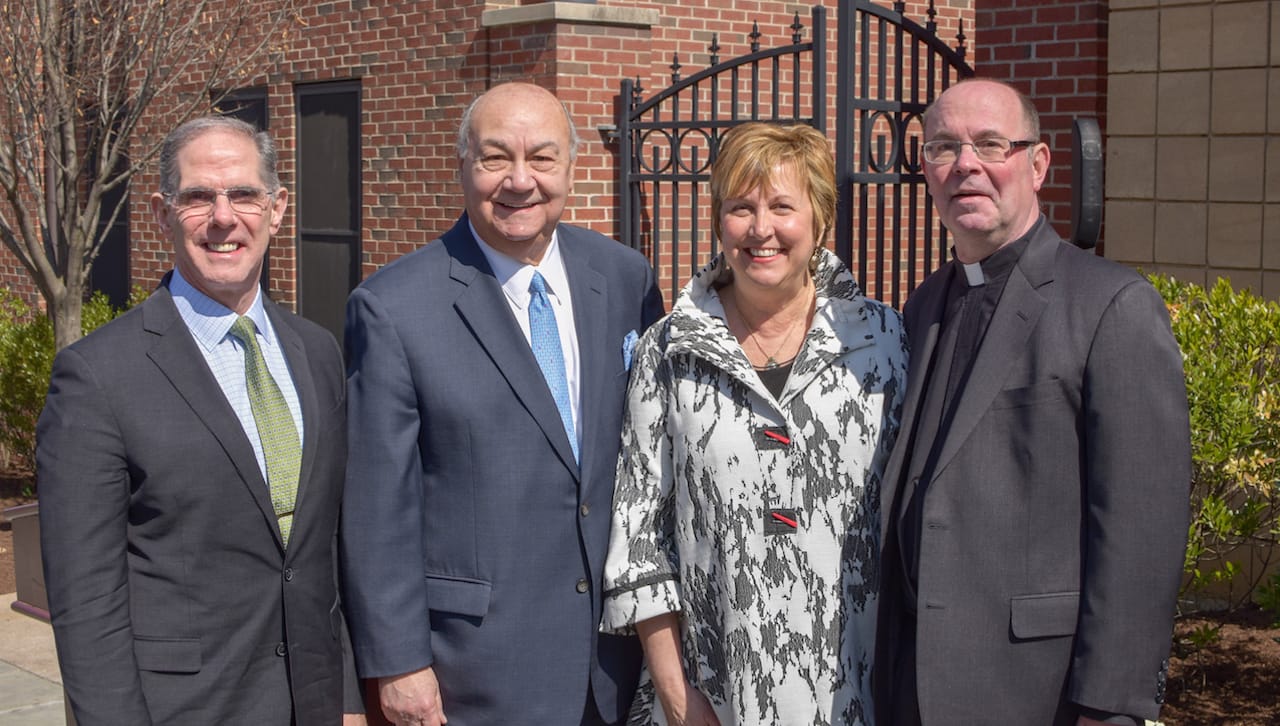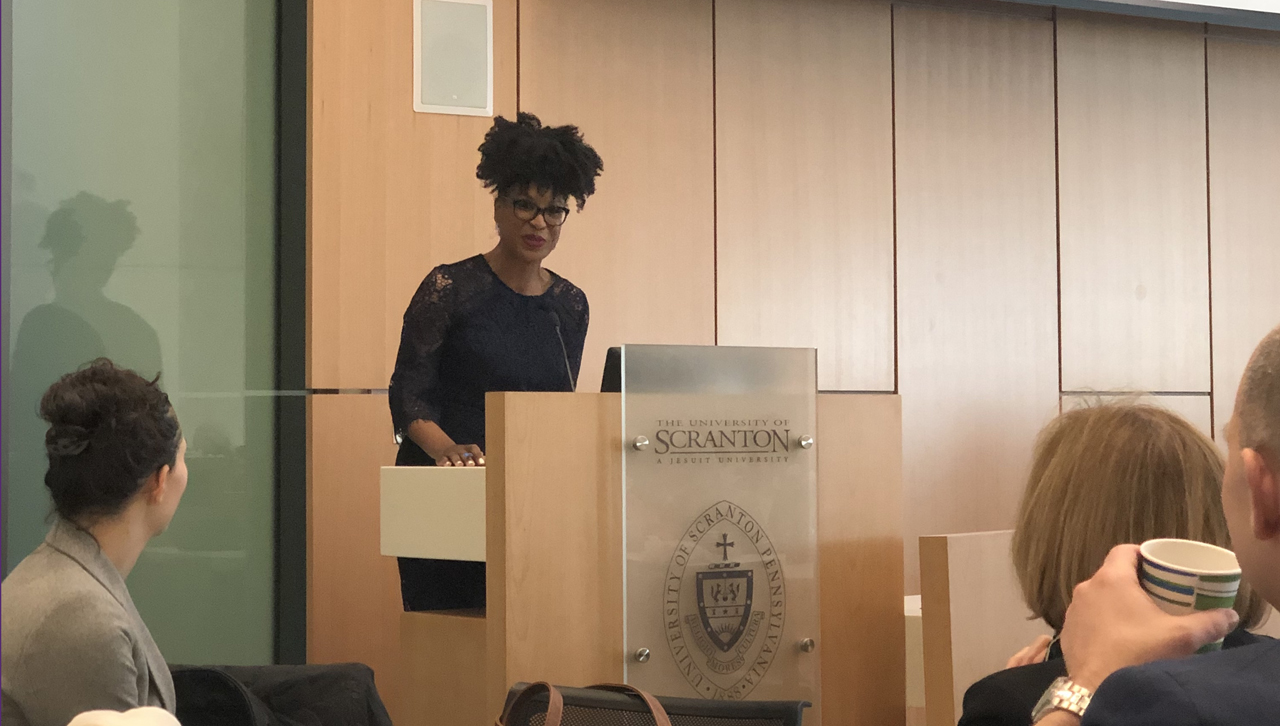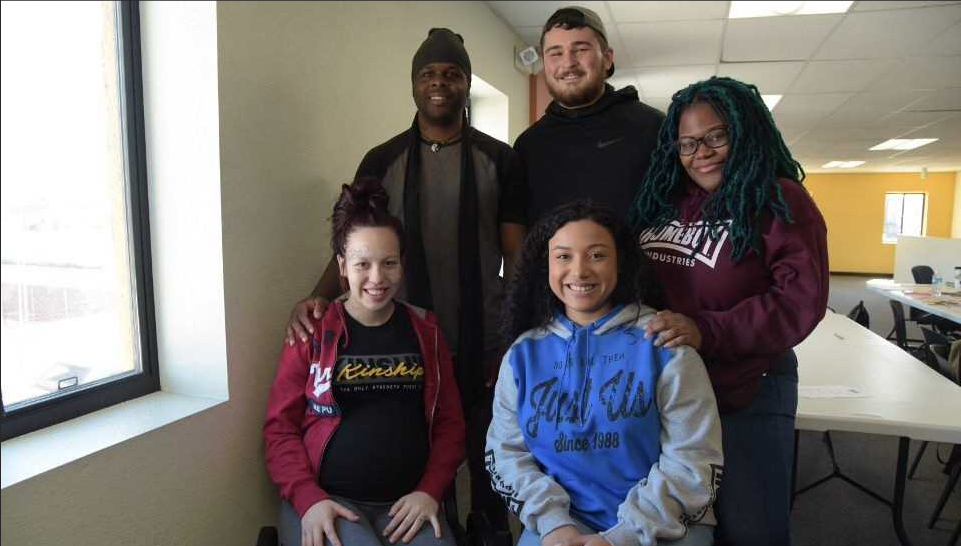
Patricia Roberts-Miller, Ph.D., professor of rhetoric and writing at the University of Texas, Austin, discussed “Democracy and the Rhetoric of Demagoguery” at a recent Schemel Forum collaborative program with the Political Dialogues Campus Working Group.
“The demagogue is what scholars regularly call a devil term. It’s something we use for people we don’t like,” Dr. Roberts-Miller said. “I want to consider what it would mean to think about demagoguery in a way that would enable us to identify demagoguery in our leaders, in our way of thinking about politics and how we argue.”
She outlined issues concerning thinking and argumentation first by discussing in-group and out-group thinking when engaging with others.
“In social psychology, the in-group is not the group in power. It’s the group you’re in,” Dr. Roberts-Miller said. “If being vegan is an important part of your identity, and it’s something you tell others when you introduce yourself, then vegan is one of your groups.”
She continued, explaining that if being a vegan is your in-group, “then you probably have some group or groups that you think of as opposed to you as not like you. Your identify is partially defined as not being them.”
According to Dr. Roberts-Miller, this in-group and out-group thinking style fuels this concept of us versus them.
“We attribute far too much importance to in-group and out-group identities,” Dr. Roberts-Miller said. “We’re more likely to trust someone we perceive as in-group even if the issue at hand has nothing to do with that group construction.”
“Also, what happens with demagoguery is that policy issues get depoliticized and are no longer about policy argumentation, instead they are about forming loyalty with your in-group,” Dr. Roberts-Miller said.
There are two parts of policy argumentation, the affirmative case, where there is an argument for a plan for change and the negative case, going against the plan. The affirmative case also has two parts, according to Dr. Roberts-Miller, the need, where one shows there is a need for a solution, and the plan that will try to introduce a solution.
“Policy argumentation can and probably should happen anytime people are deliberating a new course of action,” Dr. Roberts-Miller said.
Dr. Roberts-Miller explained policy argumentation and demagoguery by using the Mytilenean Debate in ancient Greece.
In 428 BCE, Athens was at war with Sparta and the city state of Mytilene that sided with Athens, had a pro-Spartan revolt. The leader of the revolt was executed and the remainder of the rebels were sent back to Athens. Two Athenians, Cleon and Diodotus, suggested two opposing sides on how to deal with Mytilene.
Dr. Roberts-Miller said that Cleon positioned his argument as obviously right that the only explanation for people arguing against it is that they are “secretly in the pay of enemies of Athens,”
According to Dr. Roberts-Miller, Cleon wanted the people listening to him to follow him without question. Cleon used demagoguery to make Diodotus’ argument invalid.
Dr. Roberts-Miller applied this idea of us versus them from ancient Greece to how we should seek common ground today instead of focusing on left versus right.
“Once you articulate these things you can see that very different political parties might find a common ground in terms of something like prison reform, where you can get people from all sorts of different directions,” Dr. Roberts-Miller said. “You’re never going to see that if you think all issues are left versus right.”
Dr. Roberts-Miller ended her lecture with a response by Diodotus in how we should debate in our era.
“Diodotus said, the good citizen ought to triumph not by frightening his opponent but beating him fairly in logical argument,” Dr. Roberts-Miller said.
Schemel Forum Addresses Demagoguery in Politics
Citizens “ought to triumph not by frightening his opponent but beating him fairly in logical argument” – Rhetoric of Demagoguery discussed.


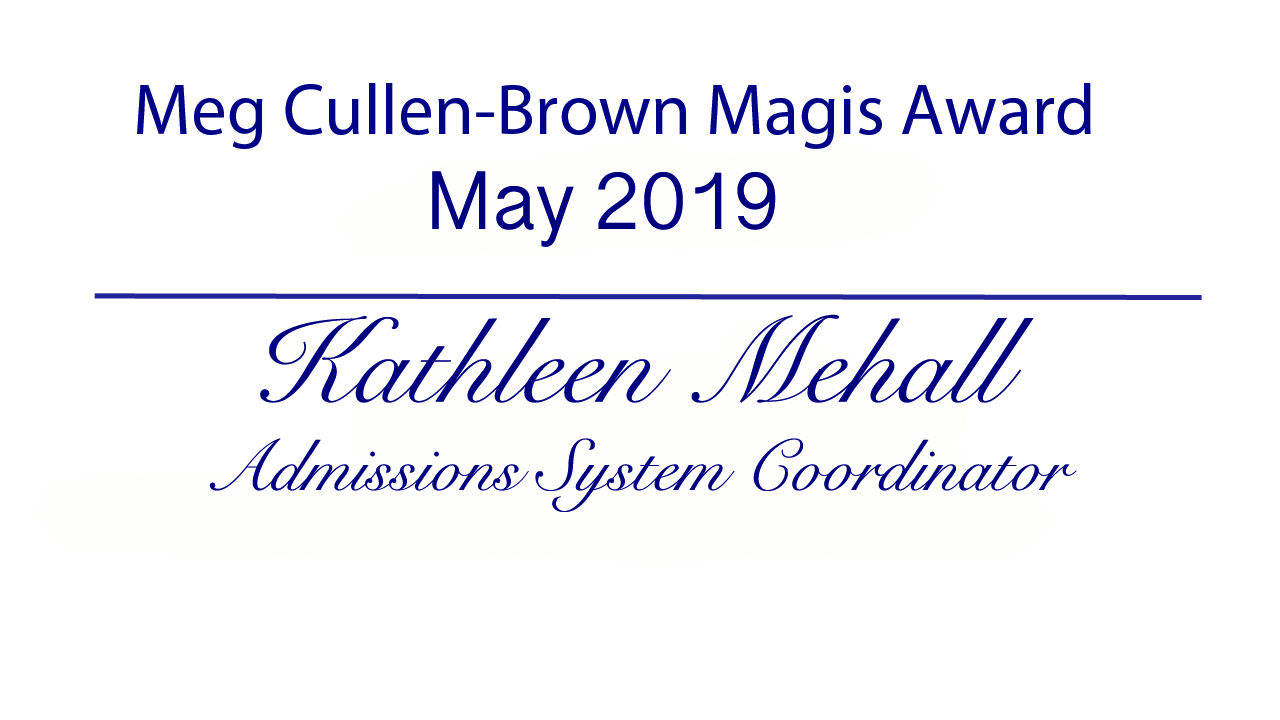




















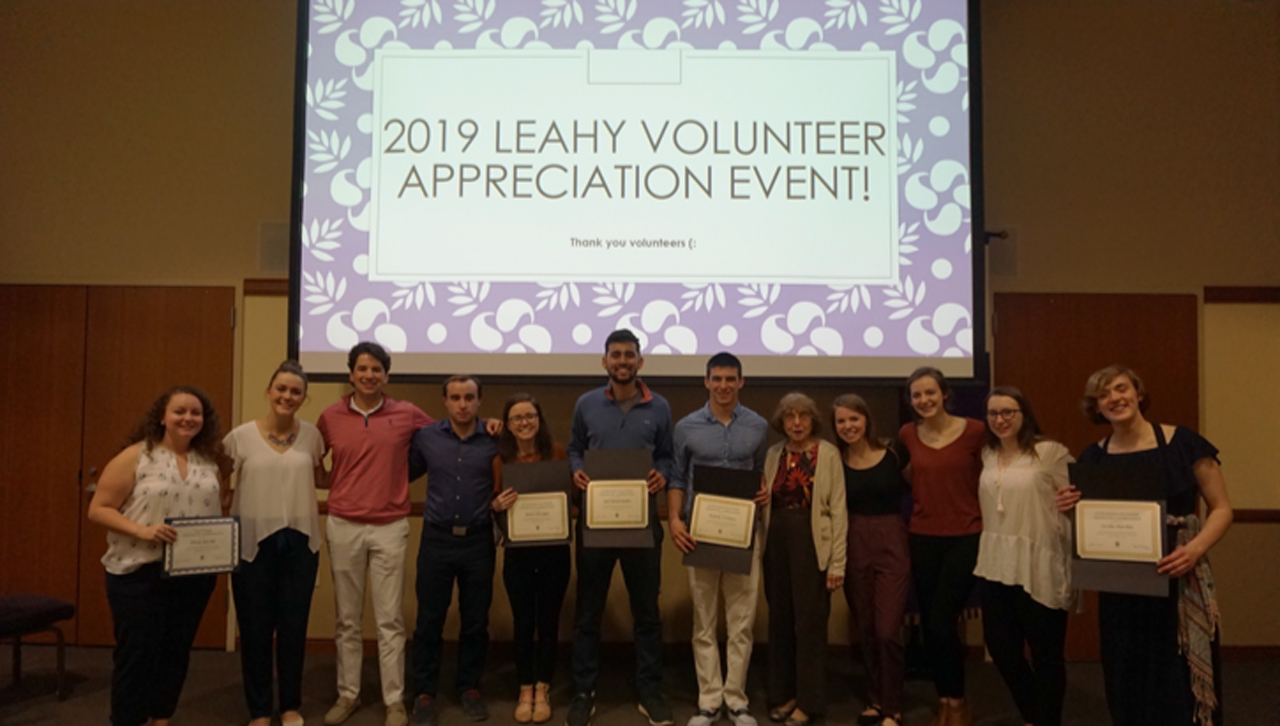



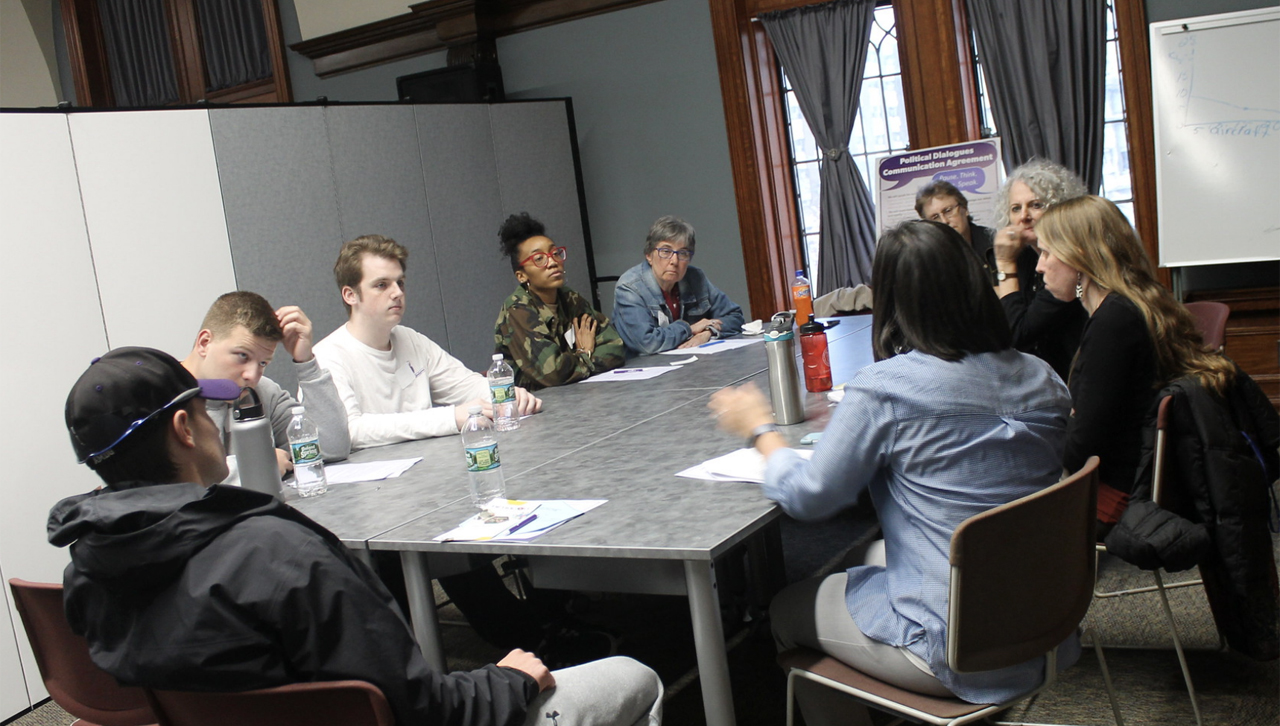



 Dr. Gerald Biberman retired in 2012 after teaching management for more than 30 years. Since then, he has written book chapters and journal articles on spirituality and management. He is also a reviewer for academic management journals and teaches meditation classes.
Dr. Gerald Biberman retired in 2012 after teaching management for more than 30 years. Since then, he has written book chapters and journal articles on spirituality and management. He is also a reviewer for academic management journals and teaches meditation classes. Since retiring to Florida in 2018, Dr. Alan Brumagim has mentored a young man whom he met as a high school senior. The teen was a potential first-generation college student, and Dr. Brumagim worked with him to determine his interests and potential fields of study.
Since retiring to Florida in 2018, Dr. Alan Brumagim has mentored a young man whom he met as a high school senior. The teen was a potential first-generation college student, and Dr. Brumagim worked with him to determine his interests and potential fields of study. Dr. Cynthia Cann, a former management professor, retired in 2015. She and her husband, Michael, spend winters in Estero, Fla., where they play pickleball, explore nature preserves and partake in cultural activities at Florida Gulf Coast University.
Dr. Cynthia Cann, a former management professor, retired in 2015. She and her husband, Michael, spend winters in Estero, Fla., where they play pickleball, explore nature preserves and partake in cultural activities at Florida Gulf Coast University.
 In 2009, Dr. Frank Corcione retired after 28 years of teaching economics and finance. During his Scranton tenure, he used strong connections with alumni to help students secure internships and jobs.
In 2009, Dr. Frank Corcione retired after 28 years of teaching economics and finance. During his Scranton tenure, he used strong connections with alumni to help students secure internships and jobs.
 Dr. Riaz Hussain retired in 2018 after teaching at Scranton for 51 years. He was a physics professor for 18 years and taught finance for 33 years in the Kania School.
Dr. Riaz Hussain retired in 2018 after teaching at Scranton for 51 years. He was a physics professor for 18 years and taught finance for 33 years in the Kania School. After retiring in 2009, Dr. Prasadarao Kakumanu moved to Middleton, Wisconsin. He is enjoying retirement and spends most of his time reading and relaxing.
After retiring in 2009, Dr. Prasadarao Kakumanu moved to Middleton, Wisconsin. He is enjoying retirement and spends most of his time reading and relaxing.
